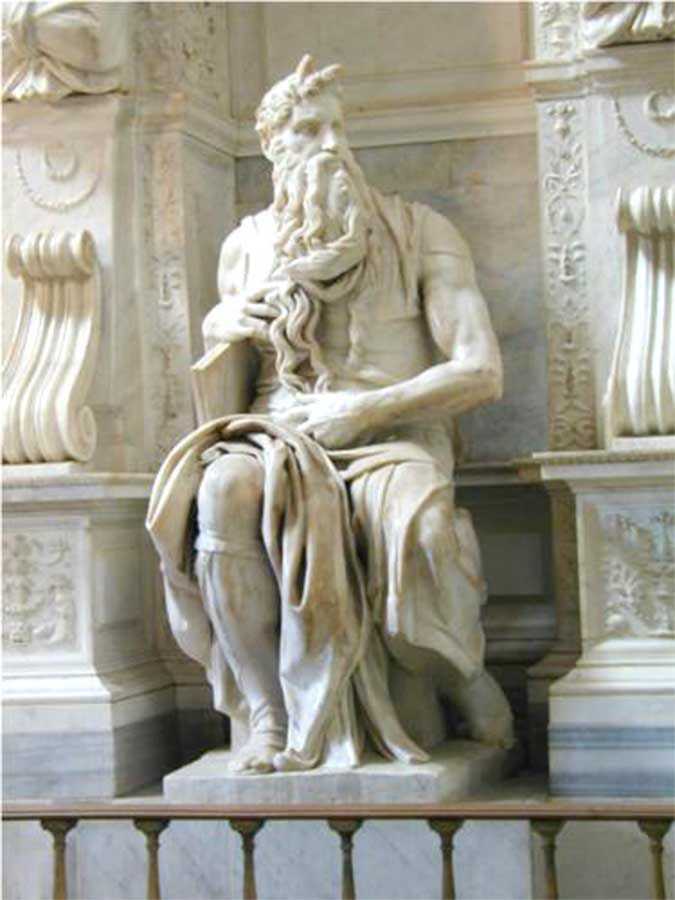In his deeply insightful book, “Violence Unveiled,” Gil Bailie takes us through a remarkable section of the diaries of Captain James Cook, the famed British scientist and explorer.
Visiting the Island of Tahiti in 1777, Cook was taken one day by a local tribal chief to witness a ritual where a man was sacrificed as an offering to the god, Eatooa. The man was being sacrificed in hope that this particular god would give the tribe some assistance in an upcoming war.
Cook, though friendly to the local peoples, could not conceal his detestation for what he considered both a barbaric and superstitious act. In a conversation with the tribal chief afterwards, Cook told the chief, through an interpreter, that in England they would hang a man for doing that.
Cook found the idea of killing someone to appease God to be abhorrent. Yet, as the great irony inside this story makes clear, we have never stopped killing people in God's name; we have only changed the nomenclature. They called it human sacrifice; we call it capital punishment. In either case, someone dies because we feel that God needs and wants this death for some divine reason.
All peoples, right up to this day, have always done violence in God's name, believing that the violence is not only justified but is in fact necessitated by God. God, it is argued, needs us to do this violence in his name. For this reason, ancient cultures often offered human sacrifice.
During the medieval ages, as a Christian church, we had the Inquisition believing that God wanted us to kill people who were in doctrinal error. Today we see a new form of this in a number of extremist Islamic groups who believe that God wants infidels of all kinds put to death for the sake of religious purity.
We have forever justified killing and other forms of violence in God's name, often pointing to texts in Scripture which, seemingly, show God as ordering violence in his name. But, in this, we have been wrong.
Despite a number of texts which, on the surface, seem to indicate that God is ordering violence (but which are really archetypal and anthropomorphic in nature and do not justify that interpretation), we see, if we read the bible from beginning to end, a progressive revelation (or at least a progressive realization on our part) of the non-violence of God, a revelation that ends in Jesus who reveals a God of radical non-violence.
Our faulty idea of the God of the Old Testament who seemingly orders the extermination of whole peoples is indeed primitive and superstitious when placed beside the concept of the Father of Jesus who sends his son into the world as a helpless infant and then lets him die helpless before a mocking crowd. The God whom Jesus reveals is devoid of all violence and asks that we no longer do violence in God's name.
To offer just one example: In John's Gospel (8: 2-11), we see the story of the woman who has been caught in adultery. As John tells the story:
A crowd of pious persons bring her to Jesus and tell him that they have caught her in the very act of committing adultery and that Moses (their primary interpreter of God's will) has ordered that, for this offense, she needs to be put to death. Jesus, for his part, says nothing, but instead bends down and begins to write on the ground with his finger.
Then, looking up, he tells them: "Let the person among you without sin cast the first stone!" Then he bends down and writes for a second time with his finger. Unbelievably they get the message and lay down their stones and go away.
What has happened here? The key for interpretation is Jesus' gesture of writing on the ground with his finger. Who writes with his finger? Who writes twice? God does.
And what God writes with his finger and writes twice are the Ten Commandments, and he had to write them twice because Moses "broke" them the first time. Coming down the mountain, carrying the tablets of the commandments, Moses caught the people in the very act of committing idolatry and he, gripped in a fever of religious and moral fervor, broke the tablets of stone on the golden calf and on peoples' heads.
Moses was the first person to break the commandments and he broke them physically, thinking violence needed to be done for God's cause. Then, having broken them, he needed to go up the mountain a second time and have them rewritten by God.
But before rewriting them, God gave Moses a stern message: Don't stone people with the Commandments! Don't do violence in my name! The people who wanted to stone the woman caught in adultery understood Jesus' gesture. Their divine interpreter, Moses, had it wrong.
Too often, though, we are still, in a variety of forms, stoning people with the Commandments, falsely believing that God wants this violence.
Oblate of Mary Immaculate Father Ronald Rolheiser is a specialist in the field of spirituality and systematic theology. His website is www.ronrolheiser.com.

